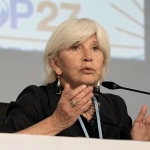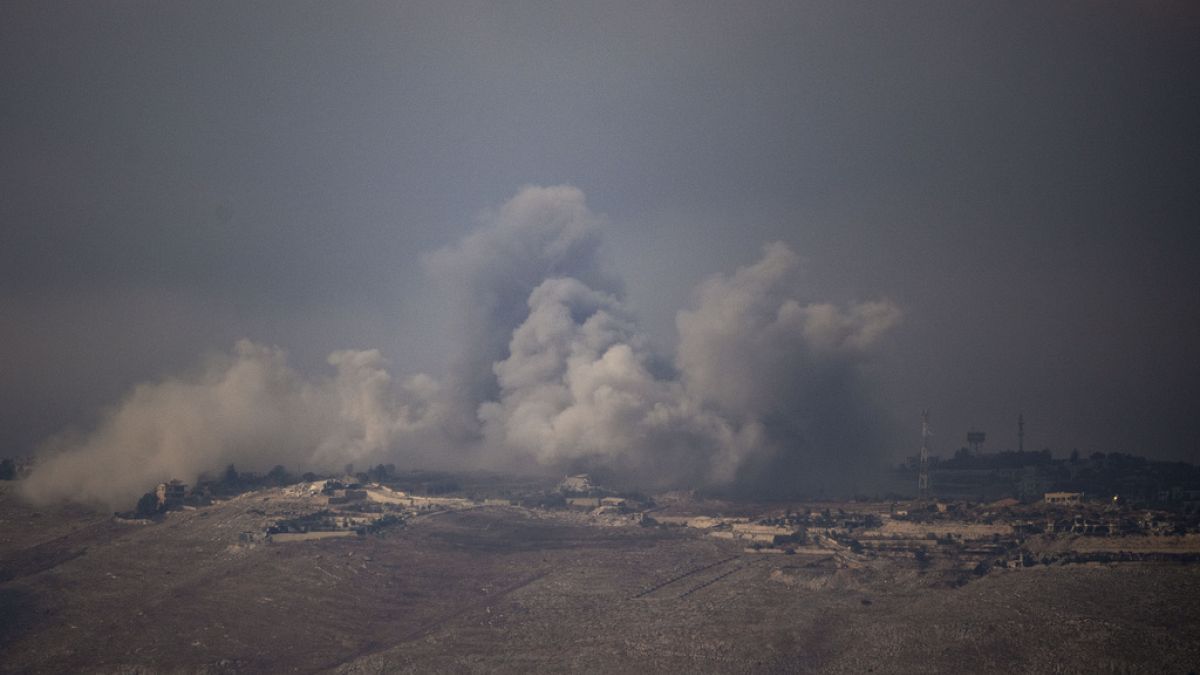On the one-year anniversary of the 7 October attack and the start of the war between Israel and Hamas, tensions between Israel and Iranian-backed militant group Hezbollah have escalated. The Israeli Defence Forces (IDF) said it killed a senior Hezbollah commander, Suhail Hussein Husseini, in a strike on Lebanon’s capital of Beirut. The IDF claimed that Husseini was responsible for logistics, budget, and management of Hezbollah, as well as transferring advanced weapons from Iran to different units within the militant group. In response, Hezbollah claimed responsibility for rocket fire that hit a military base near Israel’s foreign intelligence agency headquarters. This attack comes as Israel has been targeting Lebanon, killing several high-ranking commanders from Hezbollah.
Last week, Israel launched a limited ground incursion into southern Lebanon amid fears of escalation in the ongoing conflict between Israel and Hamas. The war began after a terror attack by Hamas-led militants in Israel, resulting in the death of 1,200 people and the abduction of 250. In retaliation, Israel has vowed to destroy Hamas in the Gaza strip, killing around 42,000 people and displacing around 90% of the population. The conflict has now spread to include Hezbollah in Lebanon, as well as Iran, which launched a barrage of missiles across Israel last week. Despite a ceasefire deal backed by the US, Israeli Prime Minister Benjamin Netanyahu has refused to back down in Gaza, while Hamas insists on the end of hostilities.
The recent attack on Hezbollah in Beirut comes after continued strikes by the IDF inside the city, further escalating tensions in the region. Hezbollah has vowed to keep fighting against Israel until a ceasefire in Gaza has been achieved, following the replacement of their slain commanders. Both sides are unwilling to back down, with Netanyahu reiterating his commitment to fighting until all hostages are released. The conflict between Israel, Hamas, Hezbollah, and Iran has led to a complex and volatile situation in the Middle East, with ongoing attacks and retaliations likely to continue in the foreseeable future.
As the conflict between Israel, Hamas, and Hezbollah continues to escalate, the region remains volatile and unstable. The recent attack on a senior Hezbollah commander in Beirut has further heightened tensions, with both sides refusing to back down. Despite repeated attempts at a ceasefire, the situation shows no signs of improving, with ongoing violence and retaliation likely to continue. The involvement of Iran adds another layer of complexity to the conflict, with missile attacks further increasing the risk of regional escalation. The international community, including the US, has been unable to broker a lasting peace deal, leaving the situation in the Middle East precarious and unpredictable.
The ongoing conflict in the Middle East has had devastating consequences for the civilian population, with thousands killed and many more displaced. The Israeli military incursion into southern Lebanon and the continued attacks on Gaza have resulted in a humanitarian crisis, with basic necessities such as food, water, and shelter in short supply. The international community must act swiftly to provide aid and support to those affected by the conflict, and to work towards a peaceful resolution. A lasting ceasefire is essential to prevent further loss of life and destruction in the region, and to allow for the necessary rebuilding and recovery efforts to begin. Only through diplomacy and cooperation can the cycle of violence and retaliation be broken, and a sustainable peace achieved in the Middle East.
The recent attack on Hezbollah in Beirut is just the latest chapter in a long and bloody conflict that shows no signs of abating. The involvement of multiple militias, militant groups, and foreign powers has made the situation in the Middle East incredibly complex and volatile. The ongoing attacks and counterattacks risk further destabilizing the region and undermining any hopes for a lasting peace. The international community must redouble its efforts to bring all parties to the negotiating table and work towards a comprehensive and sustainable peace agreement. The people of the Middle East deserve better than the cycle of violence and destruction that has plagued their region for too long, and it is up to the world leaders to step up and make lasting peace a reality.










